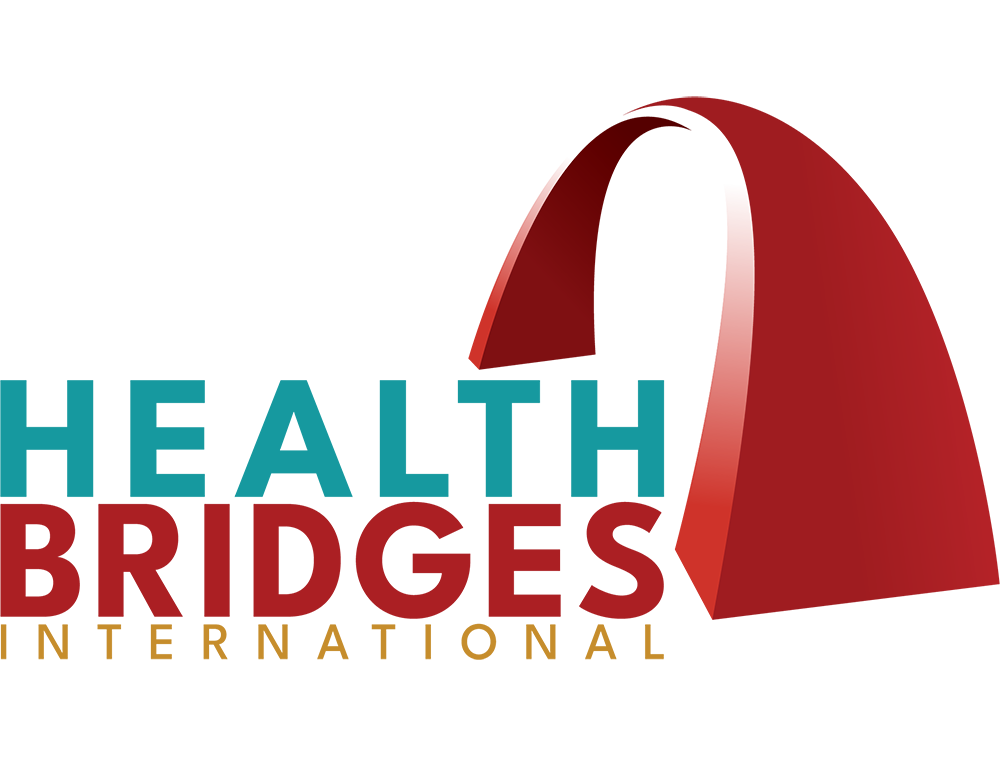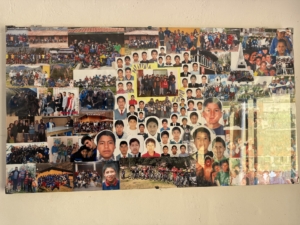Toward Wholism – wayne centrone
 In a movement, they say you have to identify the problem, but the words you use to describe your actions are the direction you’re headed.
In a movement, they say you have to identify the problem, but the words you use to describe your actions are the direction you’re headed.
So much of the direction we’re seeing in child welfare is about a “movement away” from, not a “movement to.” The deinstitutionalization movement is about shifting a child’s experience within alternative care. It’s not about creating a whole new experience. We need to begin to think differently about this. We must start thinking about what it means to make a whole, integrated person, a whole family, and a healing community.
Over the past few years, our team has embarked on a groundbreaking research study. This study is focused on a crucial aspect of child welfare: understanding how to train caregivers working with children in residential care. Our research started with the theorem that advancing knowledge and expanding skills is the best pathway to better outcomes for children living in residential – often referred to as alternative – care. However, our grand hypothesis was quickly turned upside down, revealing the issue’s complexity.
Working closely with my esteemed colleagues—Stephen DiDonato, PhD, Billy Greenman, MFT, Karen Falkenstein, MPH, RN, and Lisa Werkmesiter Rozas, PhD, LCSW—we discovered that the barriers to learning new knowledge and skills for child welfare caretakers were less about curriculum or intellect and more grounded in awareness. In our research, we sought to create communities of learning with the hope that structuring a format and providing new knowledge would translate into better caregiving practices for children. We believed a space and place for learning was the key.
Instead, we found a simple perspective that is wholly complex – people don’t care how much we know until they know how much we care. Through intense work with child welfare caregivers and comprehensive surveys, focus groups, and interviews of key stakeholders, we learned that what people crave more than anything else is connection. We repeatedly heard that caregivers wanted practical knowledge and skills to implement immediately in their work. Yet, when we curated practical training – they walked away more confused than before we started on the journey.
It quickly became apparent that any learning—gaining access to new knowledge and integrating new skills—needed to take a back seat to create more significant connections. We designed experimental learning activities for over two years to unite child welfare providers as a community. We stumbled upon the world’s best secret that few seem to know. It’s not rocket science. We aren’t revolutionary. Our model is born from a rich tapestry of research, methodologies, and practices.
What we found—the key to any meaningful level of learning—is that awareness is everything. Awareness of our current state, where we want to be, and, more specifically, our true self. The great 20th-century thinker Carl Rogers said, ‘The curious paradox is that when I accept myself just as I am, then I can change.’ Inside all of us is the power to change. We need to connect more deeply with that part of ourselves.
To help empower wholistic connection, we’ve created a framework and roadmap to help us engage in a new worldview. We call the framework Communities of Excellence. It’s not some material or even physical space. It’s a philosophical approach. It invites us to look inside ourselves as a tool to connect more deeply with others. It calls forth the power that exists in all of us. It honors the whole person we are all seeking to manifest.
As we move to deinstitutionalize child welfare programs worldwide, let us not forget that we are not moving away from a care methodology as much as we are moving toward a whole-child philosophy. We are moving toward a world where every child has access to a life built on the integration of health, hope, home, and purpose.





 If you do not have your tickets already – get them today. We are back in Connecticut on May 14th. We are thrilled to be holding the Second Annual
If you do not have your tickets already – get them today. We are back in Connecticut on May 14th. We are thrilled to be holding the Second Annual 
